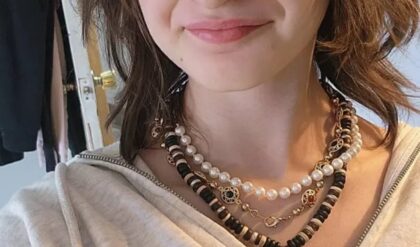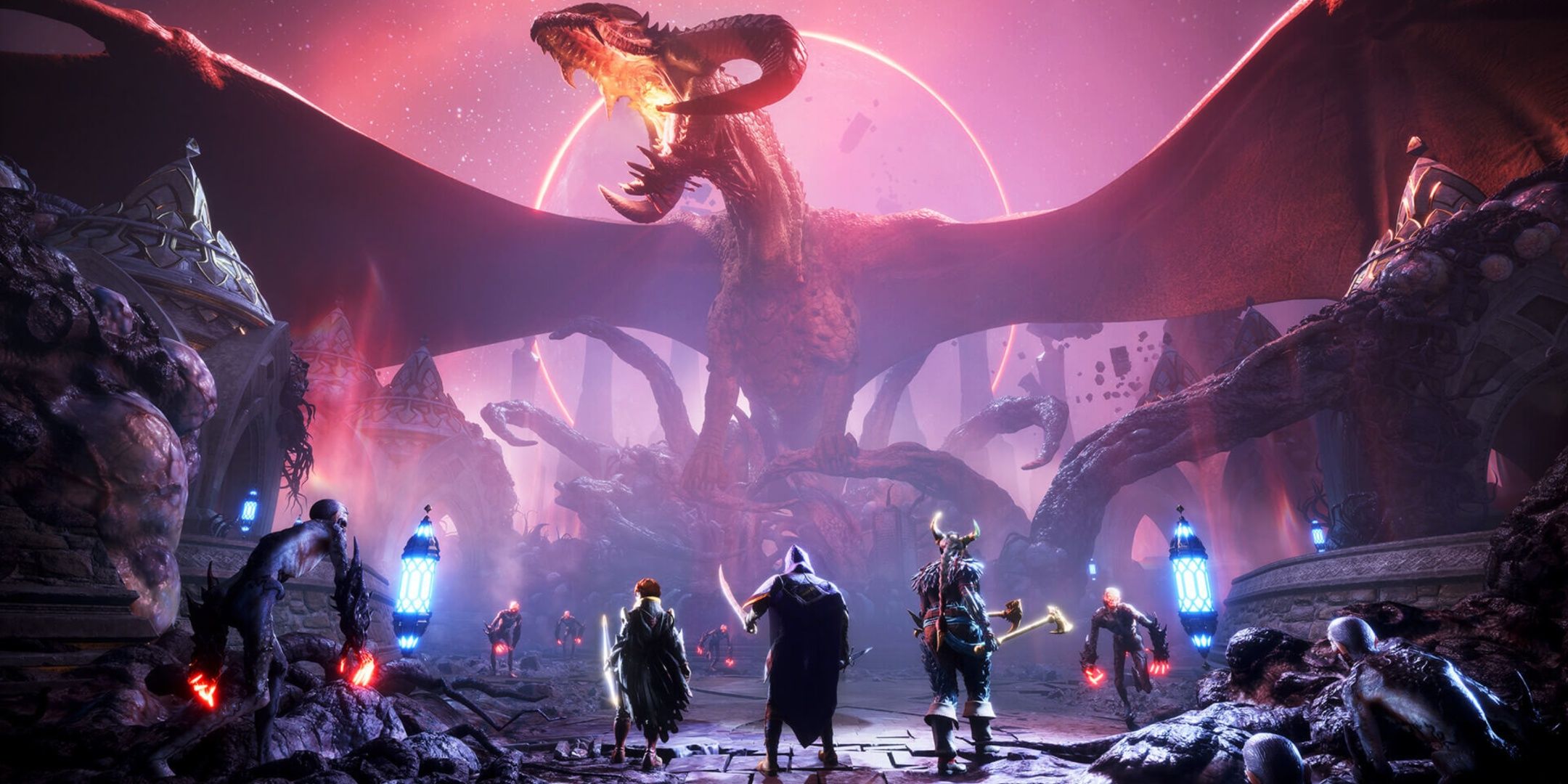
I’m almost jealous of my colleagues for their collective love of Dragon Age. As someone who grew up on a healthy diet of JRPGs, I’ve always found it hard to immerse myself in Western fantasy because it constantly feels like something is missing. That the genre could be exploring some grander world and more melodramatic characters instead of staying so rigidly in its lane.
And so, when I played Dragon Age for the first time on Xbox 360, I bounced off it. Years later when I tried to give Dragon Age 2 a shot, I bounced off it. And you’ll never guess what went down with Inquisition. Yep, I bounced off it. It’s a miracle The Witcher 3 and Baldur’s Gate 3 managed to break this streak of disinterest, but it also shows there is clearly something about Dragon Age that struggles to whet my appetite. But now The Veilguard is days away, I’m willing to give it a chance.
Dragon Age: The Veilguard Was Never Going To Please Everyone
As someone who has only dabbled in previous entries, I asked my colleague Stacey Henley whether a relative newcomer like myself could jump in without any trouble. Their answer was an emphatic yes, and all I needed to know was that Solas was the bad guy alongside a few new faces I would get to know along the way. A few familiar characters or cameos might be lost on me, but so long as the adventure itself is entertaining, that’s no problem. I’m on board, but for seasoned fans of the series, there is clearly a spectrum of expectations surrounding what exactly people want Dragon Age to be.
It seems I’m not the only person who bounced off Inquisition at the very least. Ever since it was released in 2014, it seems a lot of people either love or loathe the game.
We saw as much in the rollout of reviews earlier this week. Some praised Veilguard as a rewarding and sprawling RPG in which you grow close to companions and vanquish ancient evils with a combat system boasting just enough depth not to outstay its welcome. There has been so much praise for the character creator, dialogue, level design, and especially a final act that apparently has the power to bring you to tears. But on the flipside, it’s received flack from a number of major critics, critics I trust, for failing to deliver on the very same elements.
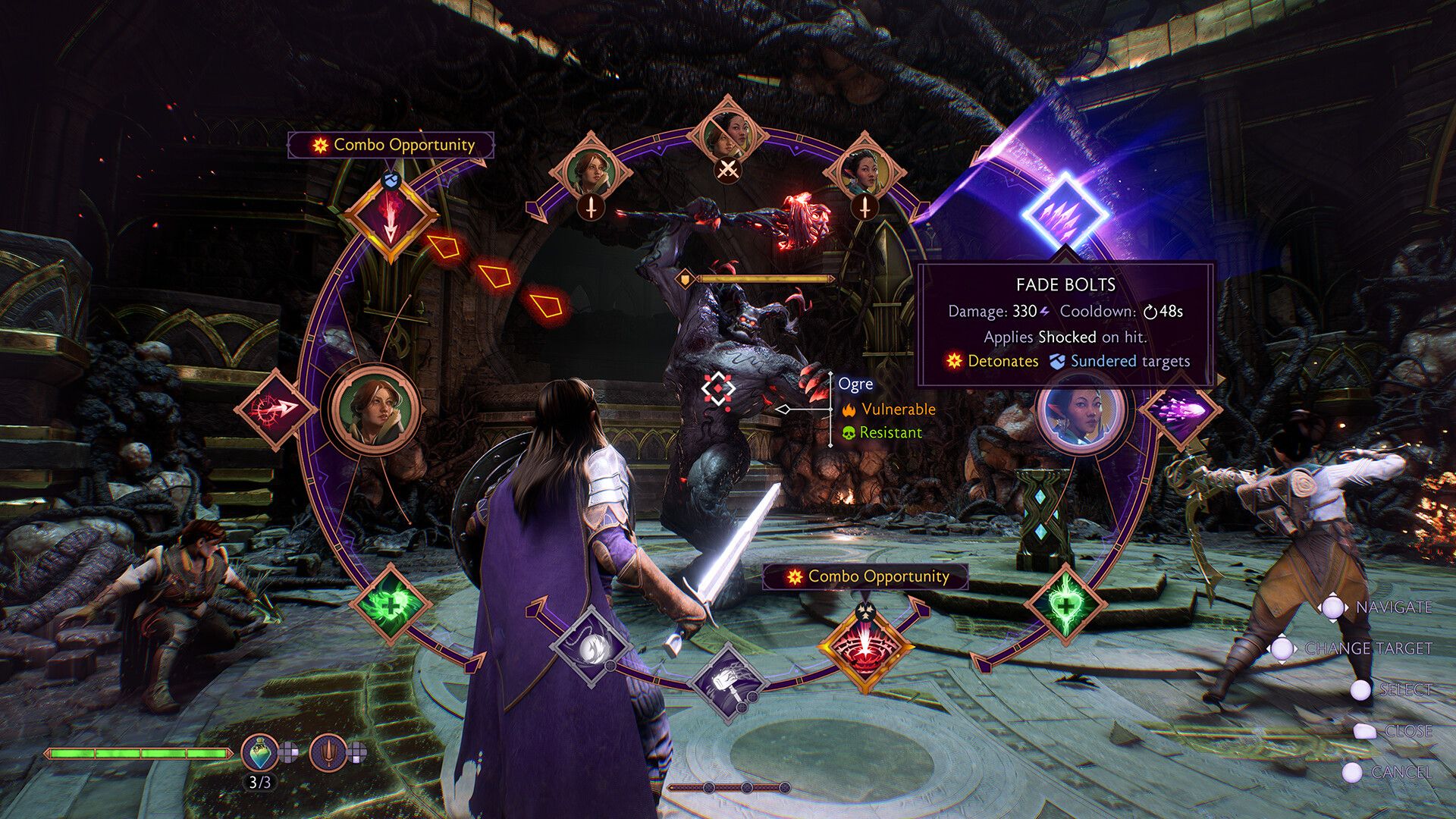
SkillUp was scathing in its review, stating that every piece of dialogue and every character interaction was constructed as if HR was sitting in the room, while its combat is unbearably repetitive and its puzzle design is borderline insulting in its simplicity. It has been fascinating to observe the stark difference in critical reviews and how people either like, love, or despise The Veilguard.
Rarely is a triple-A release of this magnitude so divisive, and I think it speaks to how Dragon Age was never going to live up to expectations, and shows how what we expect from the series after so long is now impossible to pin down.
BioWare Isn’t The Same Developer It Used To Be
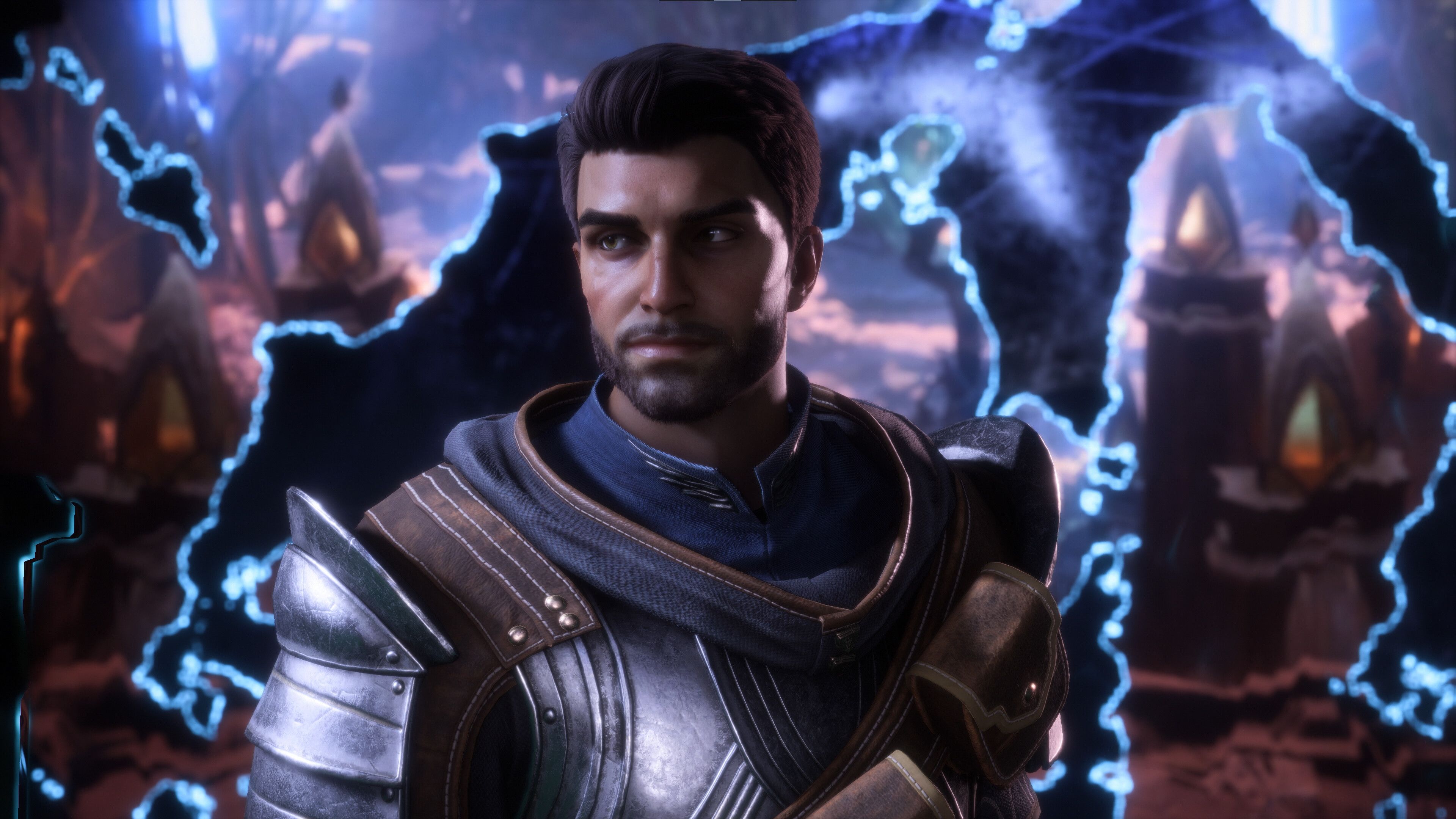
After the double-whammy of mediocrity that was Mass Effect Andromeda and Anthem, it felt like Dragon Age: The Veilguard was make or break for BioWare. A final chance to prove to both fans and naysayers that it’s still got it. I don’t exactly know what it is anymore, but I’m certain it boils down to creating a single-player RPG that isn’t terrible. The BioWare formula we hold so dear, the same moment-to-moment gameplay that defines Mass Effect and Dragon Age, is pretty dated by today’s standards. We come for the characters, the writing, and all the stories these games encompass, and for a long time now, BioWare hasn’t delivered.
Certain crowds also have an irrational bone to pick with Dragon Age: The Veilguard, believing it to be an overly woke and sensitive attempt to push DEI on triple-A consumers. Those are not part of this conversation, nor do they deserve to be.
This is likely partially because a lot of the people responsible for those classic games aren’t at the studio anymore, while projects like Mass Effect Andromeda were either underbudgeted or tried and failed to chase ill-advised industry trends. Only now is BioWare returning to what it does well, but in a shape and form that is borderline unrecognisable. I wouldn’t be surprised if many of the people working on The Veilguard grew up as fans of the original games, and are now all trying to create their ideal version of what a Dragon Age game should be.
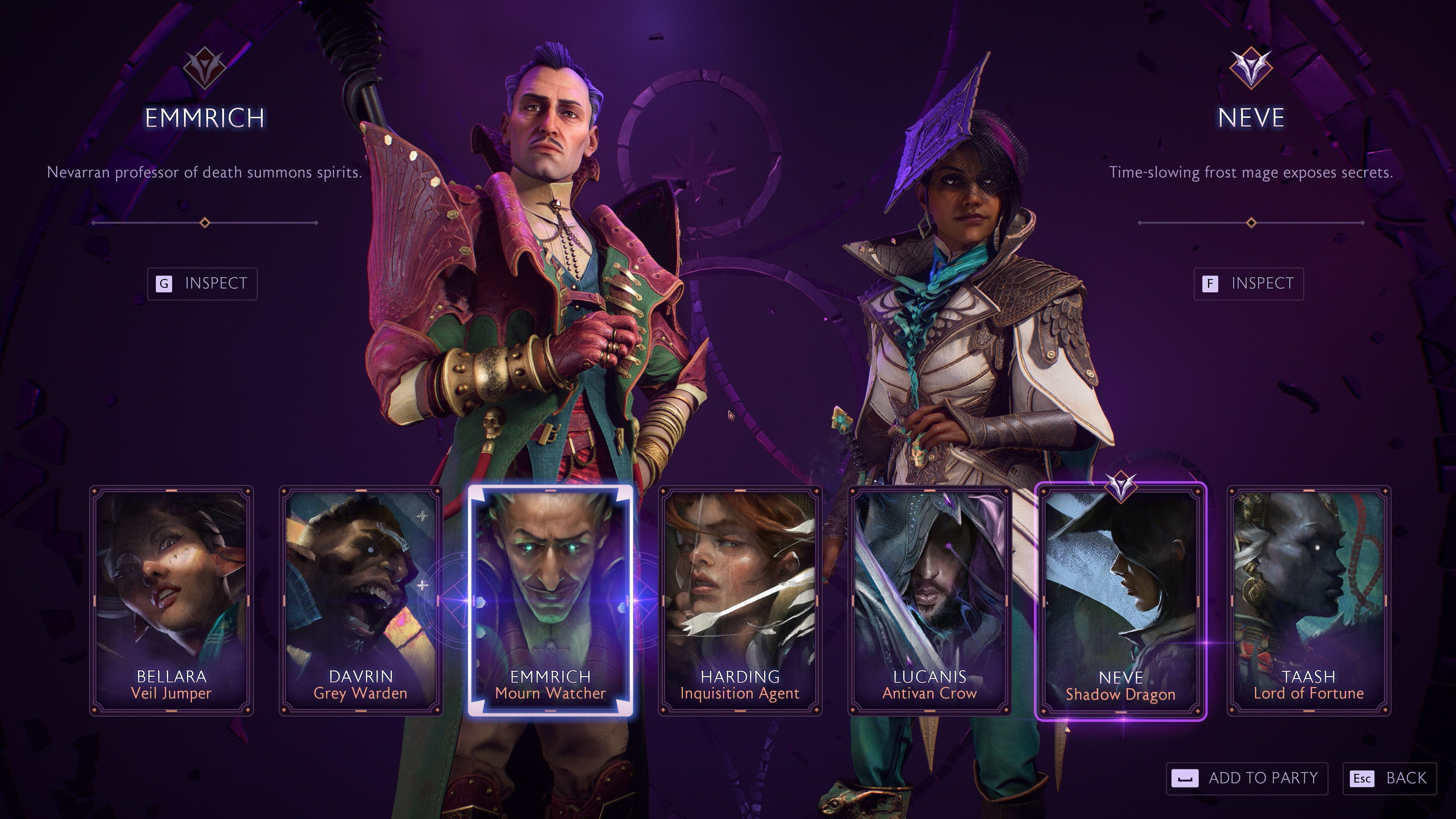
Is it a sprawling fantasy adventure with unending possibilities across a vast open world or a linear action adventure with a beginning, middle, and an end? Are players interested in tight political storytelling defined by betrayal and bloodshed or a cutesy fantasy romp where you are driven forward by a desire to smooch your favourite companions? Judging from reviews, The Veilguard is far more in line with the latter definition without much bite in its dialogue or what it wants to say.
When you compare that to The Witcher 3 or Baldur’s Gate 3, there’s a chance it falls short. Or not, once again, it depends on what you’ve built up a modern day Dragon Age to be in your head. There is no right or wrong answer to that question.

